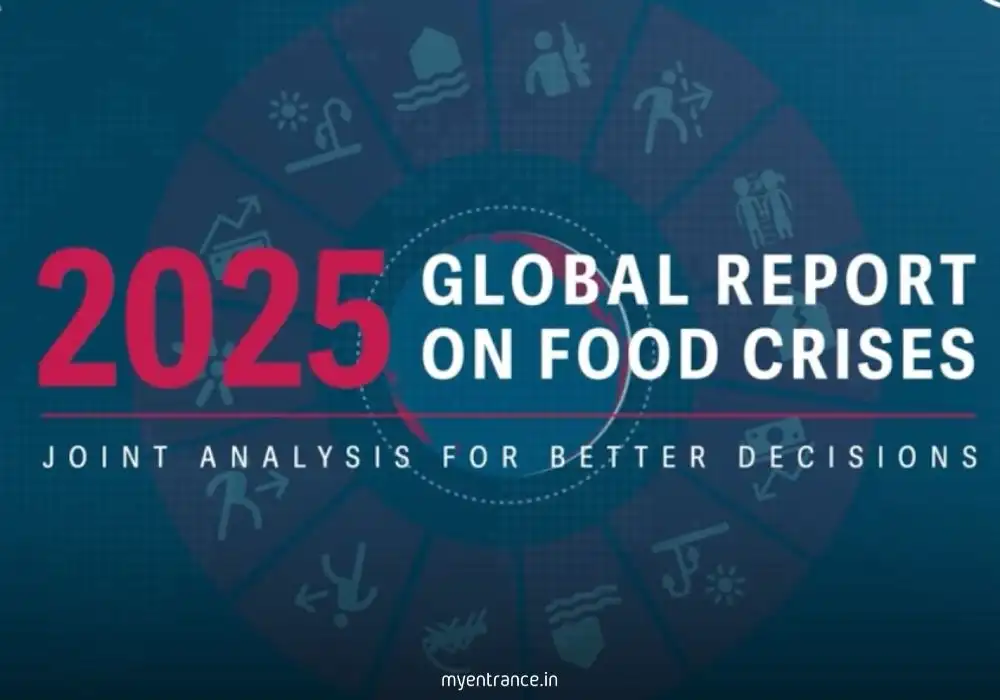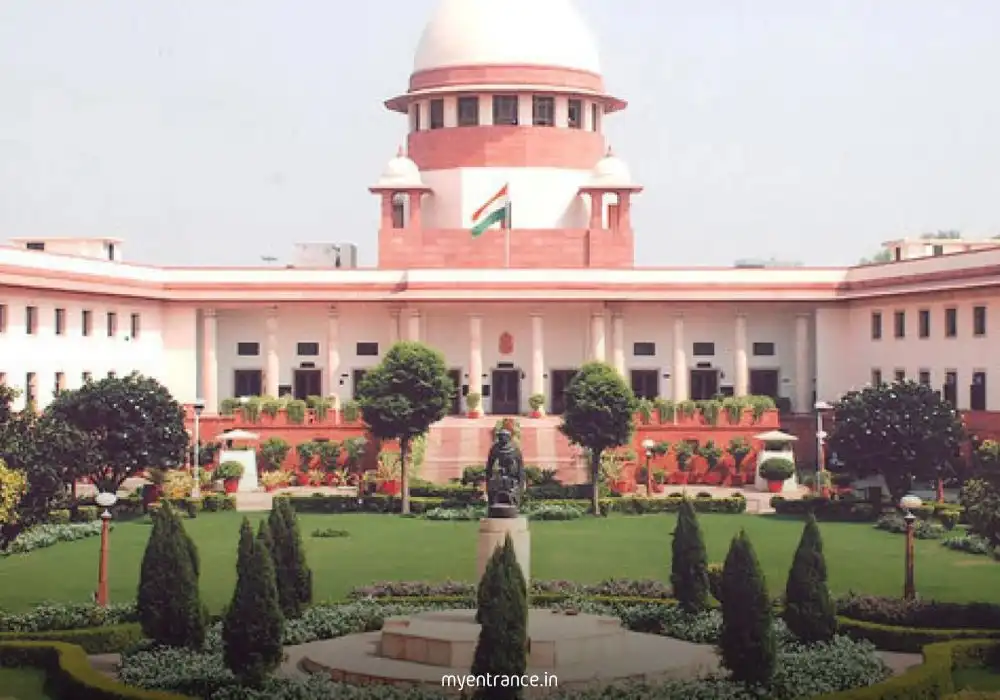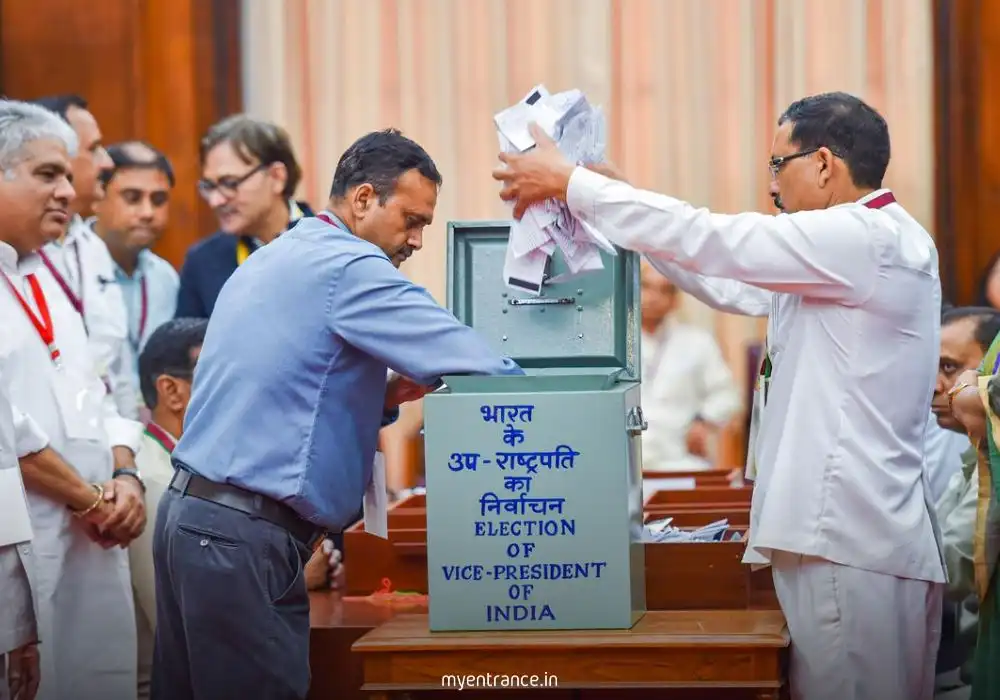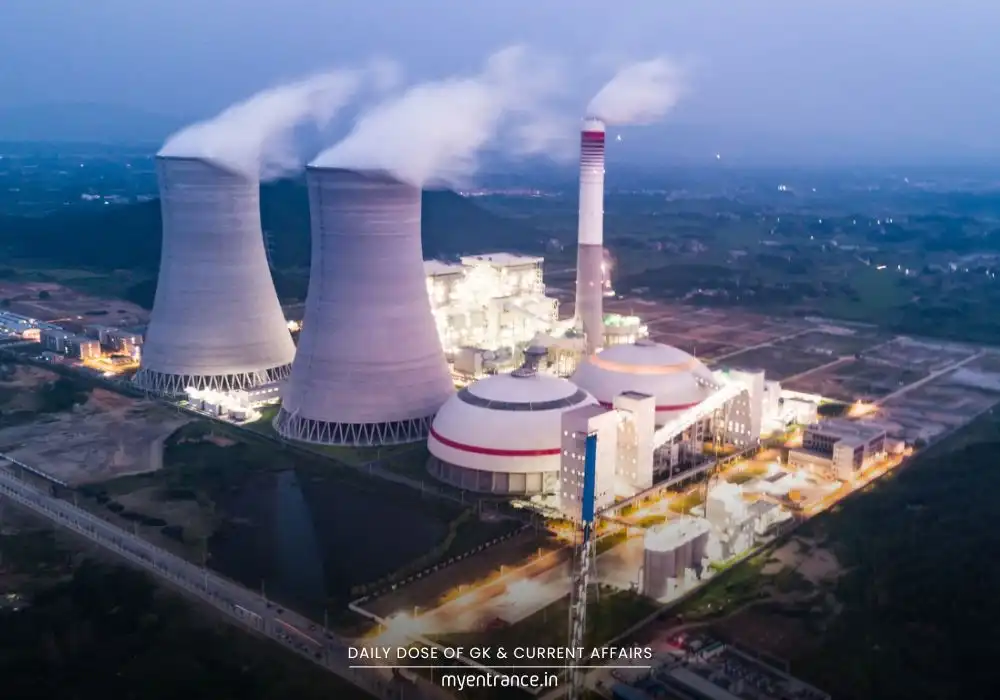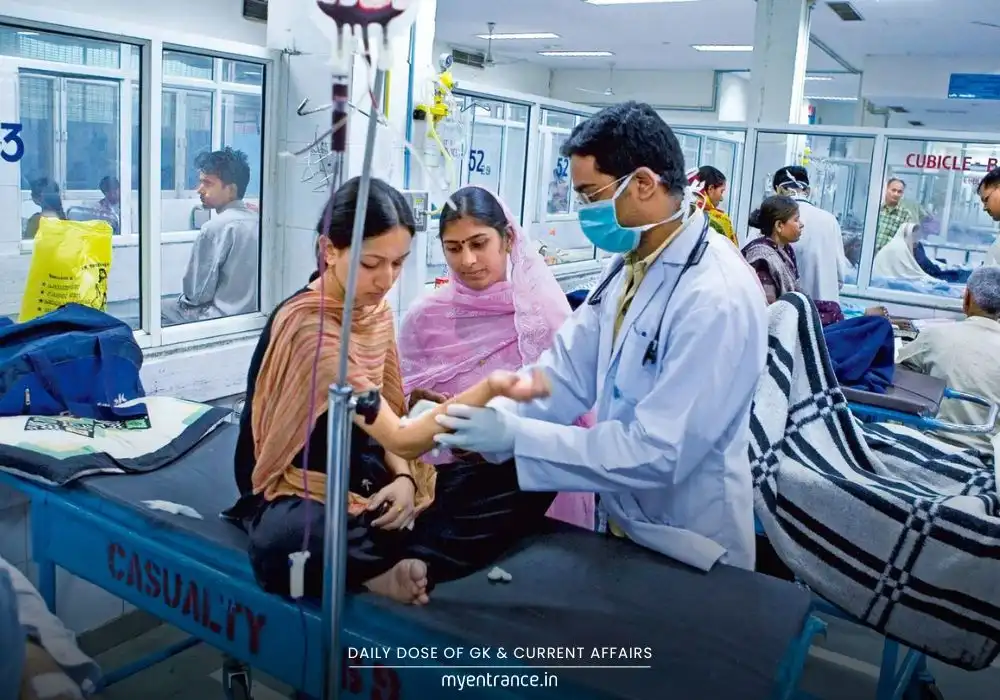Translate Language
UPSC Mains 2025: 10 Must-Revise Polity & Governance Topics (PYQ Insights!)
The UPSC Mains 2025 is just weeks away, and GS Paper II’s dynamic Polity and Governance syllabus demands razor-sharp revision. This faculty-curated checklist highlights 10 high-yield topics integrating current affairs and PYQ trends. Ignore these at your peril—they’re your key to a standout score.
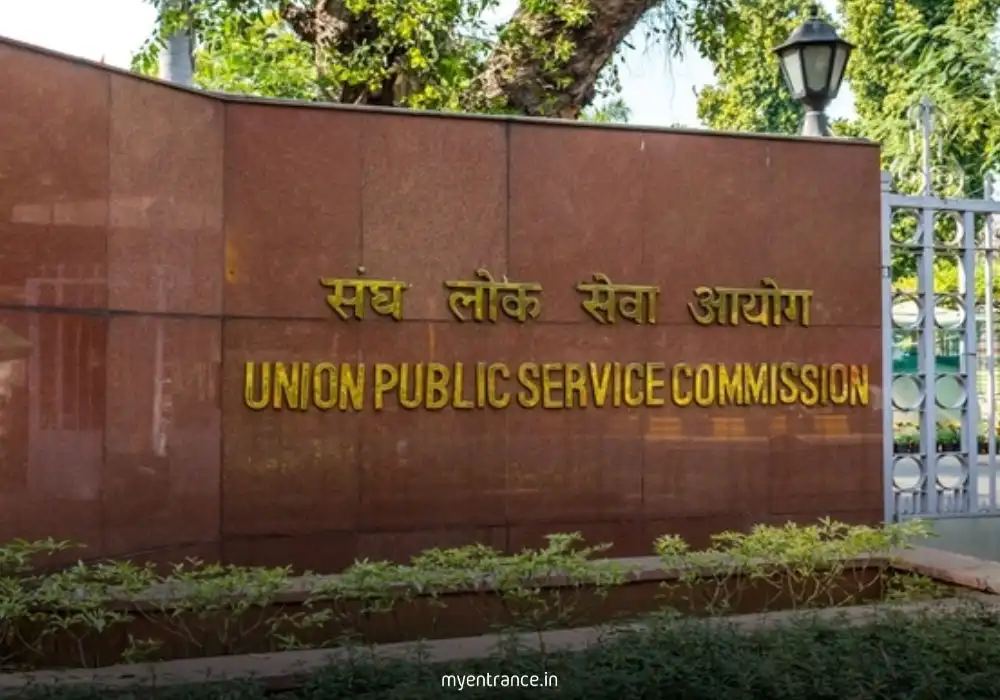
UPSC Mains 2025 Revision Checklist: Top 10 Polity & Governance Topics
1. “One Nation, One Election” Debate
Why Revise?
The Kovind Committee’s 2024 report reignited this constitutional debate. UPSC loves probing federalism and electoral efficiency—expect analytical questions.
Key Angles:
Meaning, history, and constitutional feasibility of simultaneous elections.
Kovind Committee’s recommendations (e.g., phased elections).
Pros (cost reduction, policy continuity) vs. cons (federal erosion, logistical chaos).
PYQ Hook:
“‘Simultaneous elections limit accountability.’ Critically examine.” (UPSC 2017)
2. 10 Years of NITI Aayog
Why Revise?
NITI Aayog’s 10th Governing Council meeting (2025) pushed “Viksit Bharat” goals. Crucial for questions on cooperative federalism and policy innovation.
Key Angles:
Role in replacing Planning Commission: Shift from allocation to facilitation.
Initiatives like Aspirational Districts & SDG monitoring.
How it balances state autonomy with national targets.
3. 20 Years of RTI Act
Why Revise?
The RTI Act’s 20th anniversary (2025) clashes with DPDP Act amendments—sparking transparency vs. privacy debates.
Key Angles:
Evolution, significance, and recent challenges (e.g., data protection overrides).
Impact on accountability and citizen empowerment.
Amendments weakening transparency: Implications for democracy.
PYQ Hook:
“RTI redefines accountability.” Discuss. (UPSC 2018)
4. 50 Years of Emergency (1975)
Why Revise?
The 50th anniversary (June 2025) is a stark reminder of constitutional safeguards—highly relevant for GS Paper II.
Key Angles:
Constitutional provisions for emergencies (National, State, Financial).
Lessons from 1975: Suspension of rights, judicial subversion.
Safeguards added post-Emergency (e.g., basic structure doctrine).
5. Census & Delimitation
Why Revise?
The 2027 Census (first since 1931 to include caste data) will reshape Lok Sabha seats via delimitation—massive policy implications.
Key Angles:
Process, history, and socio-political impact of delimitation.
Linkages: Women’s Reservation, federal power shifts.
Why delayed? (Freeze until 2026).
6. Caste Census
Why Revise?
Cabinet’s 2024 approval for caste data sparks debates on social justice and policy targeting.
Key Angles:
Historical context (last caste census: 1931).
Arguments for (evidence-based welfare) vs. against (reinforcing divisions).
7. Office of Vice-President
Why Revise?
The 2024 no-confidence motion against VP Dhankhar underscores this role’s constitutional gravity.
Key Angles:
Election process, powers, and removal mechanism.
Dual role: VP + Rajya Sabha Chairperson.
PYQ Hook:
“Role of VP as Rajya Sabha Chairman.” (UPSC 2022)
8. Speaker of Lok Sabha
Why Revise?
Om Birla’s 2024 re-election highlights debates on Speaker neutrality.
Key Angles:
Constitutional powers vs. political pressures.
Anti-defection rulings and impartiality concerns.
PYQ Hook:
“Should ‘Once Speaker, always Speaker’ be followed?” (UPSC 2020)
9. Election Commission of India (ECI)
Why Revise?
ECI’s credibility faces modern tests—deepfake threats, MCC enforcement.
Key Angles:
Functions: Voter registration, MCC, delimitation.
Challenges: Political pressure, tech-driven misinformation.
PYQ Hook:
“ECI’s role in Model Code evolution.” (UPSC 2022)
10. Anti-Defection Law
Why Revise?
Frequent MLA/MP defections threaten stability—UPSC focuses on reforms.
Key Angles:
10th Schedule loopholes (e.g., merger exceptions).
Impact on debates: Suppresses dissent vs. curbs horse-trading.
PYQ Hook:
*”Has anti-defection law weakened parliamentary debates?” (UPSC 2013)*
Faculty Tip for Mains 2025
*”Don’t just memorise—connect each topic to current events (e.g., ONOE + 2024 Cabinet approval) and constitutional principles (e.g., Basic Structure vs. Emergency). Use PYQs as answer skeletons!”*
Get 3 Months Free Access for SSC, PSC, NIFT & NID
Boost your exam prep!
Use offer code WELCOME28 to get 3 months free subscription. Start preparing today!




